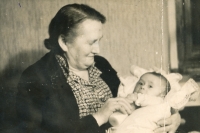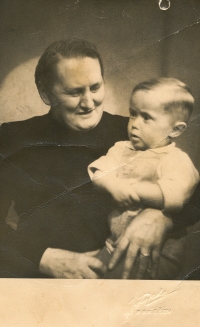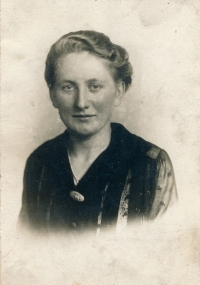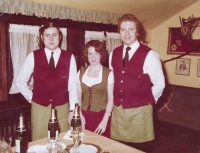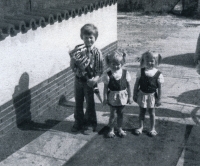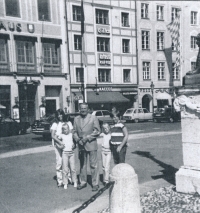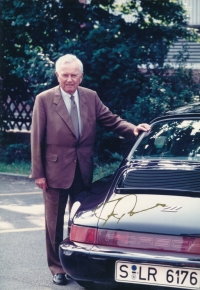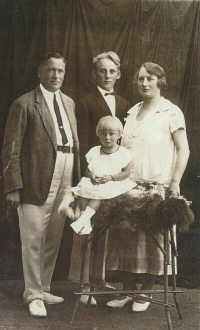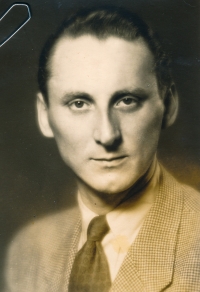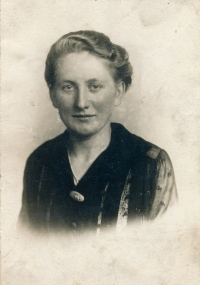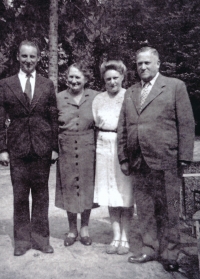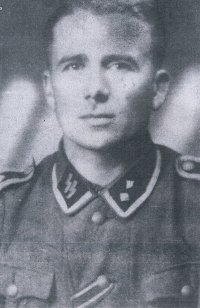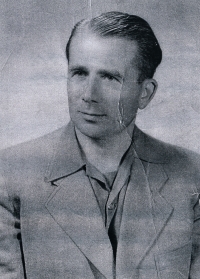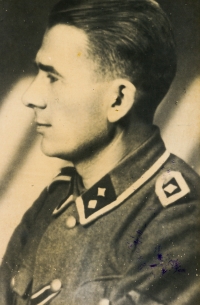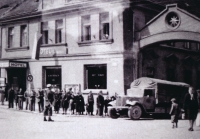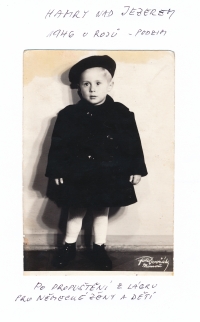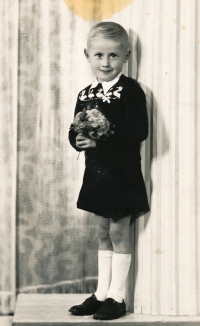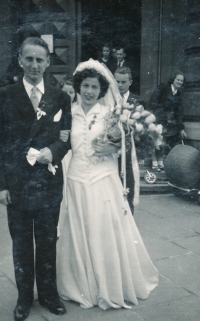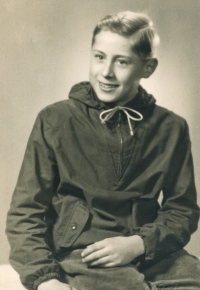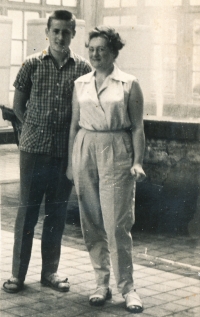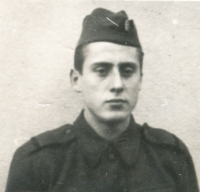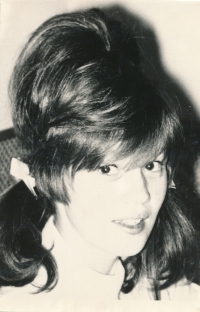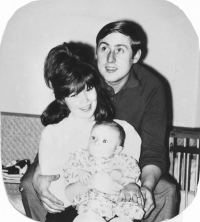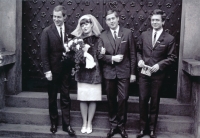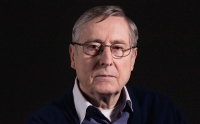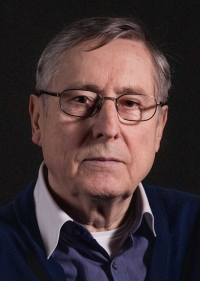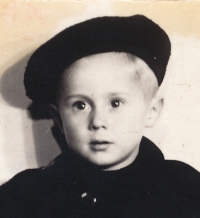Which mom wouldn‘t sign it, so they wouldn‘t take her baby ...

Stáhnout obrázek
Petr Werner Noack was born on September 20, 1943 in Benešov. His mother Věra Mandásková was a Czech. His father Kurt Paul Werner Noack - originally a Lusatian Serb with German citizenship during World War II, was forced to enlist in Benešov to the SS, where he was a typist and an administrator of a training center. His grandfather Alois Mandásek was a wealthy hotelier. After the war, the whole family faced persecution. As a two-year-old, Petr spent ten months with his grandmother in an internment camp for German women and children. His mother spent a year and a half in labor camps, his father was imprisoned for ten years in Bory, Jáchymov and other labor camps. Immediately after his release in 1955, his father was repatriated to Germany. His mother and Petr stayed in Czechoslovakia. Before regaining her nationality, she was considered German. Petr, who spent a lot of time with his German grandmother as a child, he spoke mostly German until the first grade. The StB blackmailed his mother that they would take her son if she did not sign the cooperation. For many years she lived under the control of the StB, from which she tried to break free and changed her job and residence. As the wife of a former member of the SS, she experienced harsh interrogations and humiliation. Petr trained as a waiter and after the war since 1964 he worked in Prague in the luxurious French restaurant EXPO, where he met his wife Maria. He was wrongly suspected and interrogated of planning to run away to his father in Munich. He and his wife and son did not emigrate until after the Warsaw Pact invasion in 1969, when Petr got a job at a hotel in Germany near Frankfurt. In Germany, Petr worked in luxury restaurants for a total of 26 years. Between 1994 and 2008, he and his wife gained the position of butler at the Stuttgart residence of the industrialist Ferdinand Porsche and his family. The Noacks raised three children and spend their retirement age in the Czech Republic.
